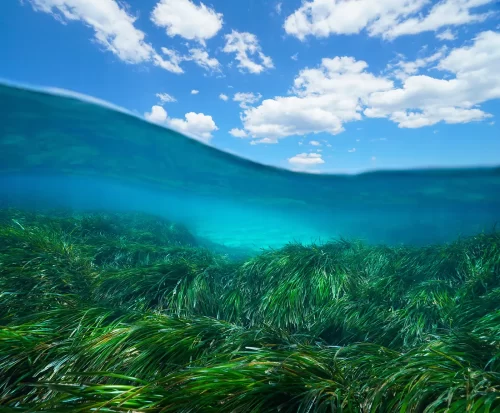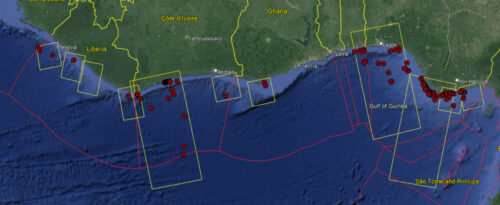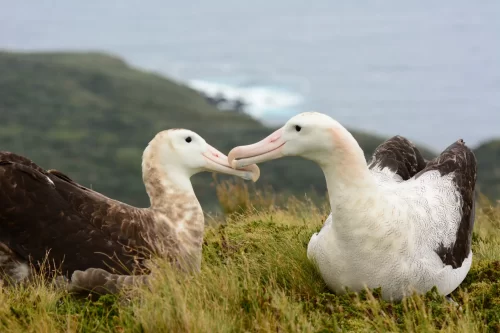Newly launched portal uses fishing vessel transparency as a tool to transform marine protection in the Mediterranean and Black Sea region
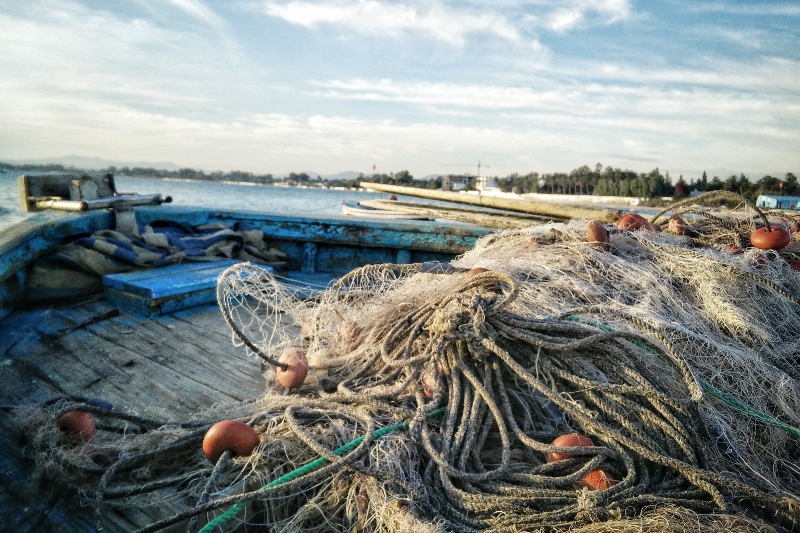
June 5 is the international day for the fight against illegal, unreported and unregulated (IUU) fishing. First marked in 2018, this day was originally proposed by the General Fisheries Commission for the Mediterranean (GFCM) in response to the major threat that IUU fishing poses to the Mediterranean and Black Sea region.
IUU fishing undermines national and regional management of fish stocks, threatens the livelihoods of fishers who follow the rules and damages marine conservation efforts. While a global problem, it’s a particularly acute one in the Mediterranean and Black Sea where hundreds of thousands of people rely on fishing for their livelihoods, but three-quarters of fish stocks are overexploited.
In response, the GFCM has adopted a regional action plan to combat IUU fishing, which aims to improve monitoring, control and surveillance of fishing vessels and coastal waters. Countries are also significantly increasing the area of sea under protection: marine scientists are calling for the creation of marine protected areas (MPAs) and other effective area-based conservation measures in the region.
Now, in the run-up to this year’s international day for the fight against IUU Fishing, Global Fishing Watch is launching a new workspace that can help improve marine management—and assist authorities in ensuring that rules are fit for purpose, and followed.
Global Fishing Watch Marine Manager: Mediterranean and Black Sea Workspace
MPAs and other area-based management measures, such as fisheries restricted areas (FRAs), are vital for the recovery and protection of the Mediterranean and Black Sea and the essential services the region provides. Global Fishing Watch’s recent analysis of three FRAs in the Mediterranean region found that they had been successful in preventing trawling but that neighboring vulnerable marine ecosystems remained under pressure from fishing and other maritime activities.
Part of the problem is that MPA managers and other decision-makers don’t always have access to the information they need. Although recent years have brought a big increase in the amount of data collected on marine ecosystems and fisheries, this doesn’t always translate into readily available information that decision-makers can understand and use. And many lack the resources and capacity to properly oversee large marine areas, particularly those that are offshore.
Global Fishing Watch Marine Manager aims to change this. A freely available online portal, it provides dynamic, interactive data in near real-time to support the design, management and monitoring of existing and new MPAs and other area-based conservation measures. Users can access high-resolution information on ocean conditions and human activities to improve marine spatial planning, enhance monitoring, and promote scientific research.
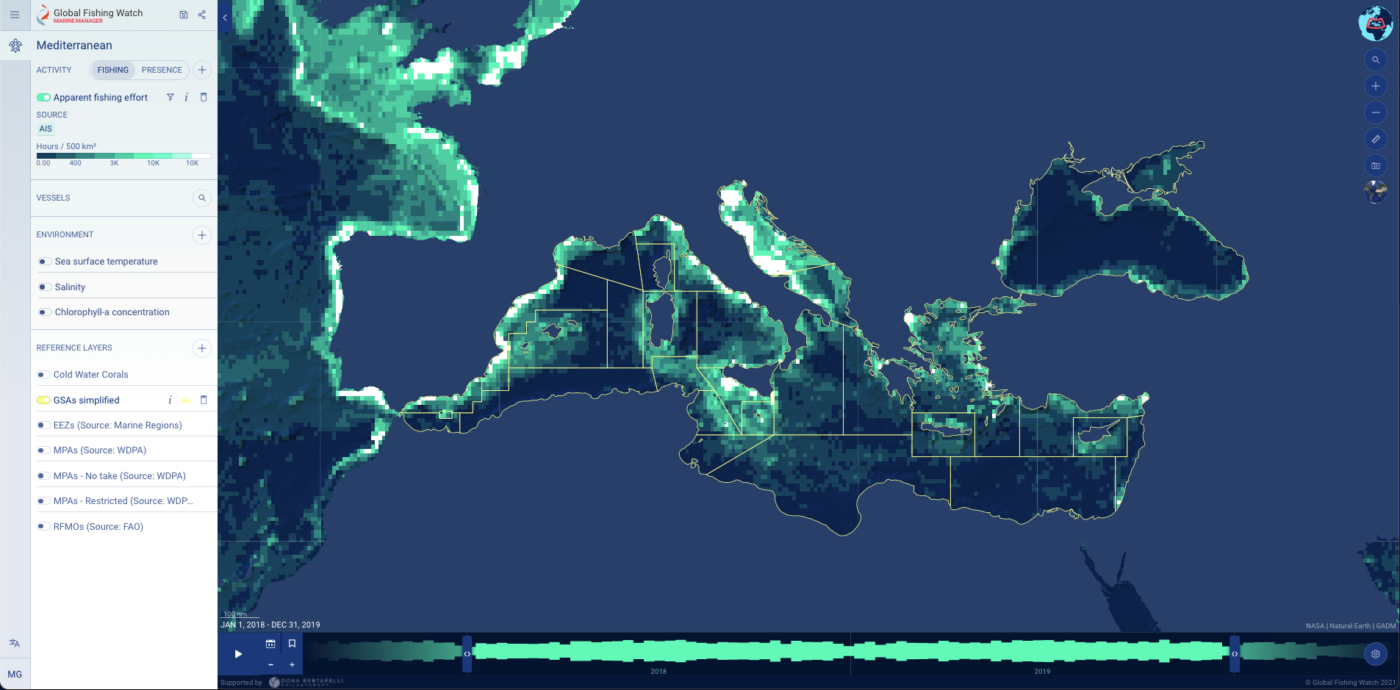
The dedicated workspace for the Mediterranean and Black Sea, launched today, combines information across four categories:
- Human activity, such as the presence of vessels and apparent fishing effort, derived by tracking the movements of fishing vessels via satellite data.
- Biological data, such as the distribution of chlorophyll-a, a strong indicator of primary productivity that can highlight particularly important areas for marine life
- Oceanographic data, such as sea surface temperature, salinity and geographical features like seamounts
- Maritime zones, including exclusive economic zones, MPA boundaries and all GFCM FRAs, Natura 2000 sites and Specially Protected Areas of Mediterranean Importance.
While the marine manager portal already contains a wealth of information, it will continue to expand and develop as new data is added. Those working in the Mediterranean region will have the ability to create private workspaces, upload custom datasets, and use filters to hone in on specific issues of concern, such as apparent fishing effort by vessels according to gear type or flag State.
Effective management
Global Fishing Watch has demonstrated how tracking and analyzing vessel movements from satellite data can be a meaningful and cost-effective way of monitoring fishing activity and assessing the success of management measures in the region.
We believe the marine manager portal is perfectly placed to help governments and their partners in the Mediterranean and Black Sea region to plan, manage and monitor MPAs and other measures for the conservation and sustainable use of marine resources. By harnessing cutting-edge technology and synthesizing information, the portal can help ensure that the expanded network of MPAs and other spatial management measures are informed by science and effective in preventing IUU fishing and other threats to the invaluable marine life of the region.
Courtney Farthing manages international affairs at Global Fishing Watch
